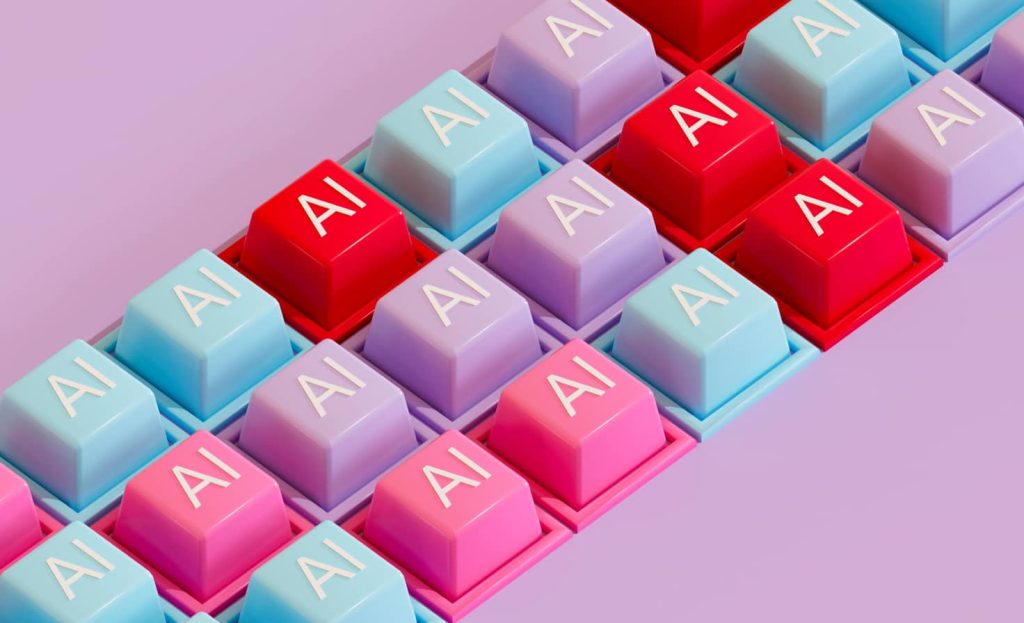The way AI has been integrated into software development is really shaking up how we handle quality assurance (QA). With over thirty years in the game, we’ve seen it all from manual exploratory testing to advanced automation tools and now to AI-powered testing solutions.
We decided to chat with Ostap Elyashevskyy, Competency Manager at ELEKS, to discuss some big questions that QA professionals are facing today.
Will manual testing be replaced entirely by automation?
Automation is ideal for tasks that are repetitive and predictable, like regression testing, processing large volumes of data, or performance testing under load. It's quick, consistent, and well-suited for handling tedious tasks. However, it falls short when it comes to intuition, adaptability, or creative problem-solving. That’s where manual testing becomes essential. Human testers can catch odd edge cases, evaluate user experience, and make nuanced decisions that automated tools might overlook. Automation is on the rise, with tools becoming more advanced and AI starting to generate test scripts. Still, humans need to define quality standards and interpret test outcomes. So, while manual testing is evolving, it's far from obsolete—it continues to play a critical role where automation still falls short.
What is the immediate impact of AI on QAs? How is AI transforming software testing?
AI is already shaking things up for Quality Assurance (QA) teams, and its immediate impact is a mix of efficiency boosts, new capabilities, and some shifts in how testers work. Here’s a breakdown of what’s happening now and how AI’s transforming software testing:
Immediate impact of AI on QAs
- Faster test creation: AI tools can analyse code, requirements, or user stories and auto-generate test cases in minutes. This cuts down the grunt work for QAs, letting them focus on refining rather than starting from scratch. At ELEKS, we use the BrowserStack Test Management system with AI capabilities, which helps to generate test cases based on requirements.
- Smarter bug/issue detection: AI-powered systems can scan logs, predict where defects are likely to pop up, and even flag issues humans might overlook—like subtle performance dips or edge-case failures. It is not only about bug detection but also about assistance in troubleshooting the issue or failing tests. For example, Playwright + plugins have AI features that help find and resolve issues in your tests.
- Test coverage boost: By learning from app usage patterns or historical data, AI suggests tests for areas that might’ve been missed, reducing blind spots without manual effort.
- Prioritisation help: AI can rank which tests matter most based on risk, usage, or past failures, so teams aren’t wasting time on low-impact stuff.
- Visual testing: AI can compare screenshots or UI renders pixel-by-pixel to catch visual glitches, like misaligned elements or colour mismatches, that traditional scripts might skip.
- Test data generation: AI helps to generate test data dynamically or statically
- Generation of automated tests: We can specify what kind of tests we need, what patterns or best practices to apply, and AI will handle it. Of course, some complex scenarios require fine-tuning and fixing, but a generation of boilerplate code or framework from scratch works great. At ELEKS, around 35% of engineers use GitHub Copilot for Business, which is a really productive tool in terms of tests/code generation, it also learns from your code to propose more relevant and optimised code snippets
- QA tools with AI features: Many QA tools and plugins already contain AI features which help to speed up testing, for example: Postman, PowerAutomate, Ranorex, Playwright, BrowserStack, Testomat.io, Applitools Eyes, Testim and others. Now, more and more tools for QA and developers provide some AI capabilities to assist with testing and coding.
So, will AI replace QAs? 🙂
Right now, QAs are seeing their repetitive tasks shrink—think hours of regression testing or script updates. They’re getting tools that act like a super-smart assistant, not a replacement. But it’s not all smooth sailing: teams need to learn these tools, trust their outputs, and figure out where human judgment still rules. For example, AI might flag a “bug” that’s a feature, and a QA must step in to say, “No, that’s a feature, not a bug.”
The transformation’s ongoing—AI’s not wiping out QA jobs, but reshaping them. Testers are becoming more like strategists, using AI to amplify their impact rather than just slogging through checklists. It’s less about “Did I test this?” and more about “Did we test the right things?”. So, QA who uses AI will be more productive, as AI is just an additional technology which can help them do their work.

FAQs
AI is being used in testing to automatically generate test cases by analysing code, which means less manual work. It’s great at spotting issues in user interfaces that people might miss. Plus, AI helps figure out which areas are most at risk by looking at changes in the code and past defects. It can even take simple language requirements and turn them into test scenarios, making it easier to connect business needs with technical implementation.
The future of AI in testing is all about making things easier with automation that adjusts to changes in app interfaces without needing a person to step in. We hope to see testers shifting gears to become "AI supervisors," concentrating on tricky cases and making smart quality choices while AI takes care of the routine stuff.
AI-powered code review tools really help speed things up by taking care of simple tasks and spotting common mistakes. However, they can’t completely take the place of human reviewers. The best way to go is to combine the two, let AI handle the routine checks while humans tackle the tougher, more complicated stuff that needs a deeper understanding. This way, you can keep the code quality high.
Related insights








The breadth of knowledge and understanding that ELEKS has within its walls allows us to leverage that expertise to make superior deliverables for our customers. When you work with ELEKS, you are working with the top 1% of the aptitude and engineering excellence of the whole country.

Right from the start, we really liked ELEKS’ commitment and engagement. They came to us with their best people to try to understand our context, our business idea, and developed the first prototype with us. They were very professional and very customer oriented. I think, without ELEKS it probably would not have been possible to have such a successful product in such a short period of time.

ELEKS has been involved in the development of a number of our consumer-facing websites and mobile applications that allow our customers to easily track their shipments, get the information they need as well as stay in touch with us. We’ve appreciated the level of ELEKS’ expertise, responsiveness and attention to details.

